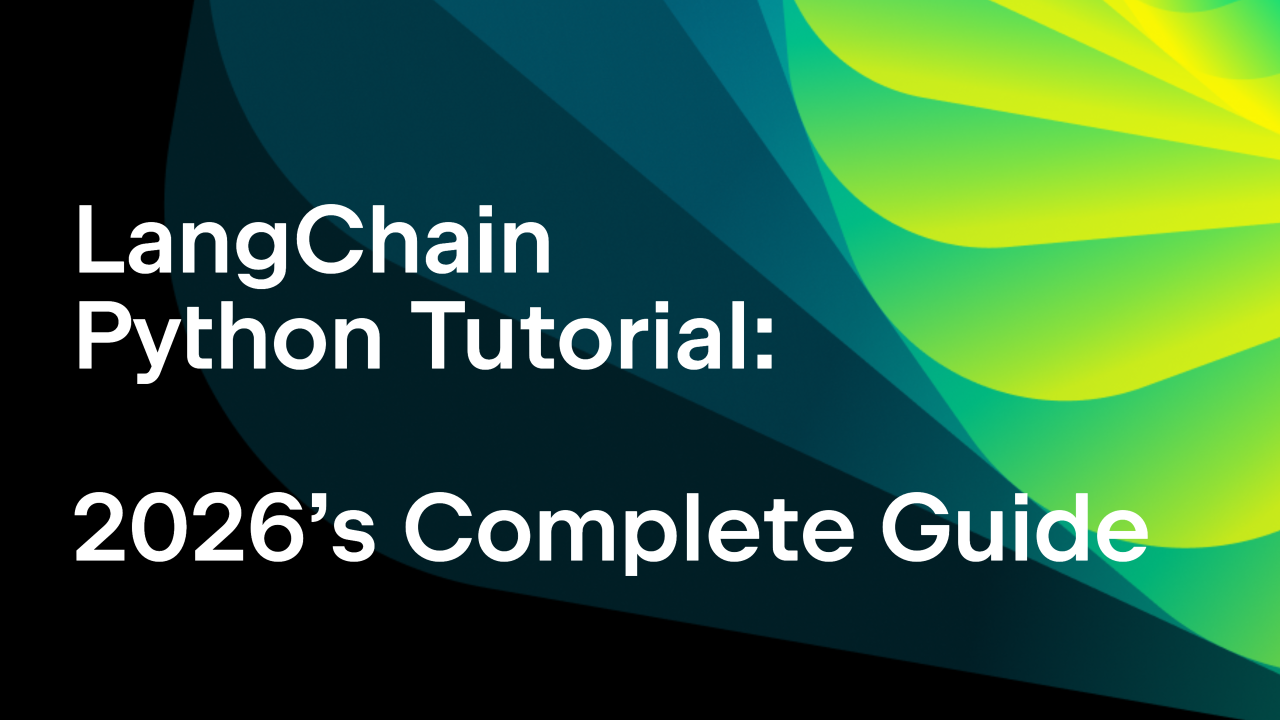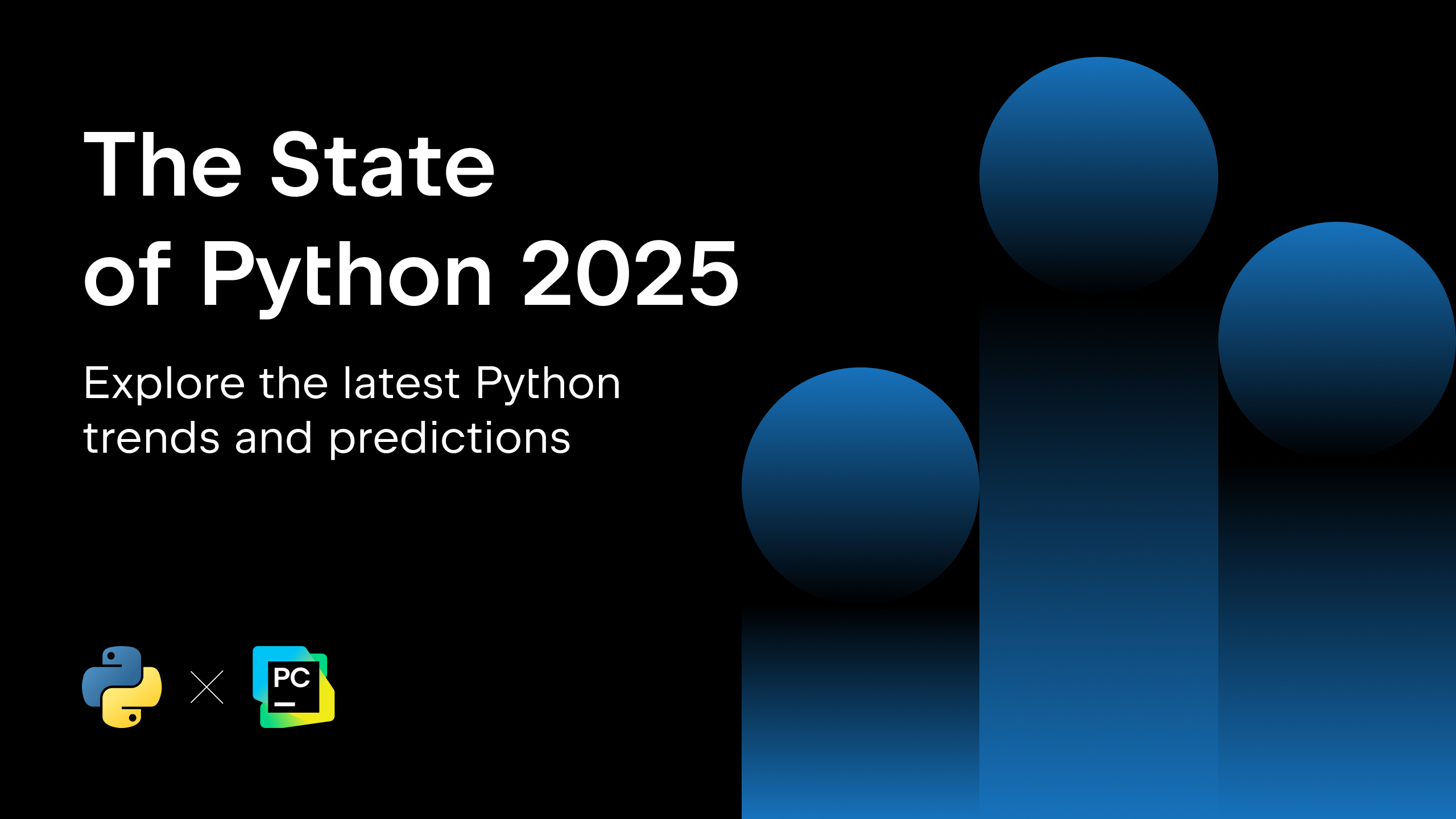7 Reasons You Should Use dbt Core in PyCharm

dbt Core is a modern data transformation framework. It doesn’t extract or load data and is only responsible for the T in the ELT (extract-load-transform) process. dbt connects to your data warehouse and helps you prepare your data so it can later be used to answer business questions.
In this blog post, we’ll talk about the top benefits of dbt and the advantages of using it in PyCharm Professional. To make the most of these features, you should be familiar with the framework. If you know SQL well, you’ll likely find it easy to use, and if you are a total novice in the field, you can use the dbt portal to get acquainted with it.
Why you should use dbt
- Modularity and code reusability – Transformations can be saved into modular, reusable models. For instance, in this example the model int_count_customer.sql has a reference to stg_day_customer.sql and reuses its code.
- Versioning – dbt projects can be stored in version control systems like Git or GitHub. This allows you to track changes, collaborate with other team members, and maintain a record of all transformations.
- Testing – dbt allows you to write tests for your data models easily and check whether the data has any duplicates or null values. Additionally, you can even create specific rules to test against, and you can perform tests on both the model and the project levels.
- Documentation – dbt auto-generates documentation for data models, ensuring that team members and stakeholders all understand the data lineage and model definitions in the same way.
To summarize, dbt brings best practices in engineering to the field of data analysis, allowing you to produce higher-quality results while providing you with a straightforward and intuitive workflow.
These benefits are just the tip of the iceberg when it comes to what the tool can do.
How PyCharm streamlines your dbt workflow
Having established the benefits of dbt, we can now turn to the 7 key reasons to use it in PyCharm:
1. User-friendly onboarding – PyCharm streamlines the initial setup. As demonstrated in this video, setting up a project and configuring the necessary settings is straightforward.
2. Unified workspace for databases and dbt – PyCharm’s integrated database plugin powered by JetBrains DataGrip makes handling SQL databases significantly easier. Since it’s compatible with all databases that dbt works with, you don’t have to worry about juggling multiple tools. You can focus on data modeling and instantly view outcomes all in one place. To cover even a small number of the plugin’s features would take hours, but luckily we have a nice set of webinars dedicated to PyCharm’s functionality for databases: Visual SQL Development with PyCharm.
3. Git and dbt integration – In one interface, you can easily clone the repo, track any changes, manage branches, resolve conflicts, and collaborate with teammates.
4. Autocompletion for your .yml and jinja-template SQL files – People love using PyCharm because of its smart autocompletion, which it, of course, offers for dbt as well.
5. Local history –This feature lets you undo recent changes if they cause problems. You can also compare different versions to see what was changed and check whether updates were made correctly.
6. AI Assistant – AI Assistant is really helpful, especially if you’re just starting with dbt Core. It is context-aware, and in addition to having it answer your questions in the AI chat, you can have it generate code and fix problems for you, streamlining your work with data models. It also saves you from worrying about what to write in commit messages by composing them for you.
7. Project navigation – PyCharm excels in project navigation, offering features like fast search functionality and the Go to Declaration feature, both of which allow you to navigate through your dbt models effortlessly.
That’s just a glimpse of the benefits PyCharm already offers for dbt, and our support is still in its early stages. We invite you to test it out and share your insights. Whether you have suggestions for features or want to let us know about areas for improvement, we’re eager to hear from you.
Get started with PyCharm by using the promo code dbt-PyCharm to get a 3-month free trial.
Want to learn how to use dbt in PyCharm? Head to the documentation page to learn more about the IDE’s dbt support.
Eager to learn more about dbt in general? Take a look at this post on the experience of using dbt and this analysis of deeper dbt concepts by Pavel Finkelshteyn.
Subscribe to PyCharm Blog updates








